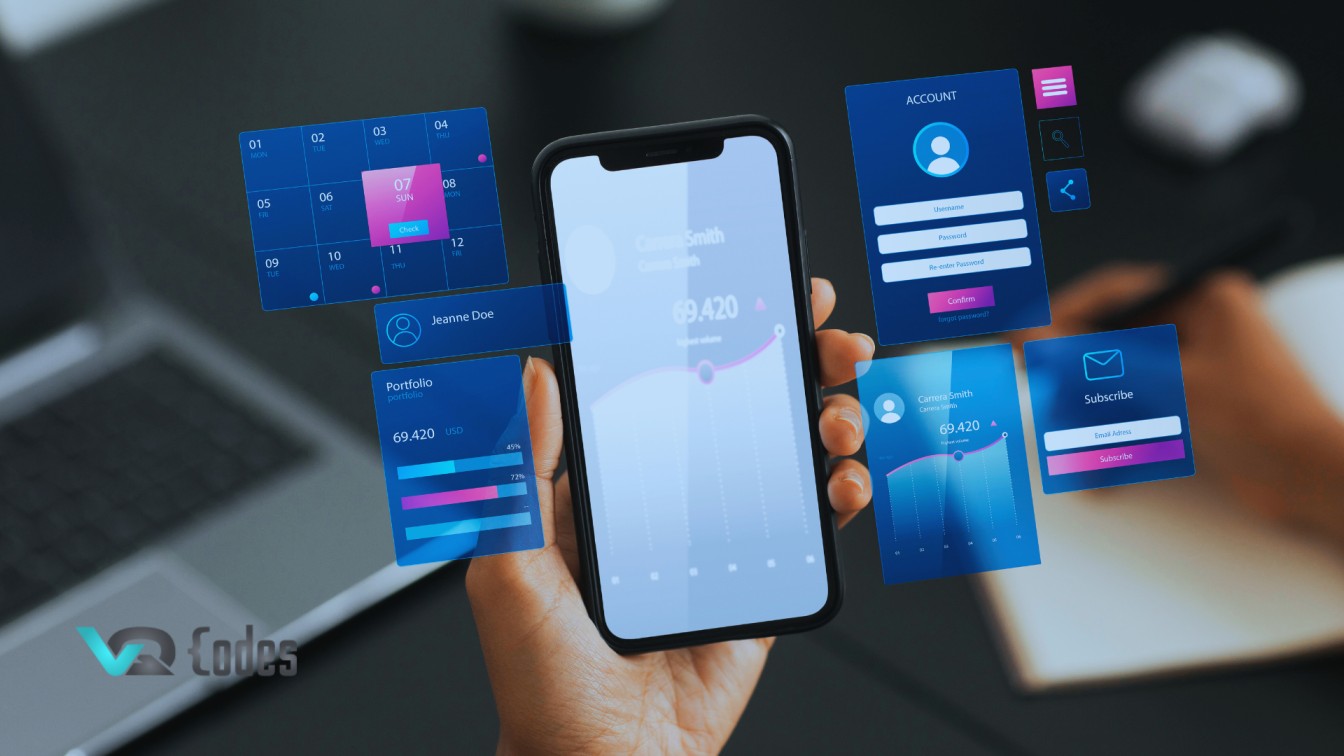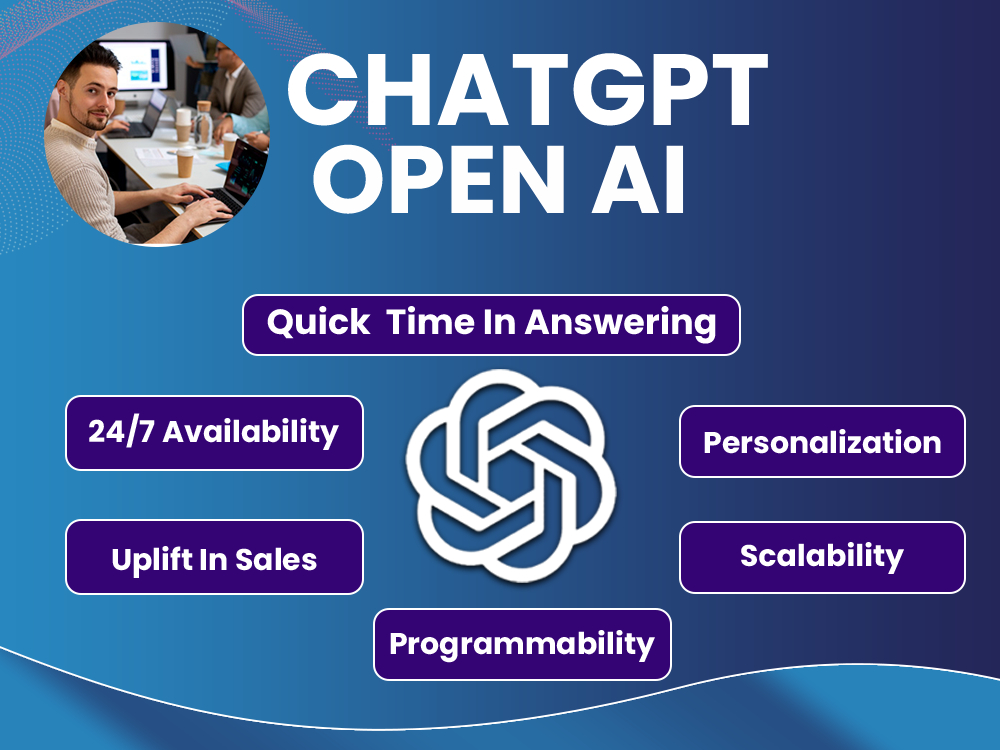
Consumers are not restricted to use computers, laptops or personal computers as was the case in the past with devices or laptops. They expect information and services immediately and their handheld terminal devices are the key to their surroundings. And this is where mobile applications, that are developed individually for a particular business, can play a great role. It is a niche audience strategically targeted to be seen by your brand right in their pockets, building rapport.
Whereas conventional business apps can only run simple applications with basic functionalities, a custom-developed solution can be purpose-built to suit your needs and those of your audience. A world where customers can search products, shop, get rewarded, and engage with the brand while the entire process is being governed by the app’s design with the certain brand identity. That is true, but the advantages that flow from the improved looks are numerous and go beyond surface level.
Every business can become the beneficiary of mobile technologies, and equally, gain the integration, enhancement of organisational core processes, improved management of employees, and various general advantages. They also maintain vast databases of customer information that are a goldmine to understand customer purchasing behaviour.
This makes you in a position to understand the user better, create strategic marketing techniques that will suit the specific audience as well as make sound business decisions given the acquired knowledge. In conclusion, a custom mobile app then becomes much more than a mere app; it is a tool in establishing deeper relationships with the customers, increasing your sales and ensuring a better future for your business.
Benefits of Custom Mobile Apps
Living in a mobile-first world is a reality and the only way to reach millions of customers is having an app. It also helps to provide customers a more branded experience by letting you communicate directly to them and at the same time helps in the simplifying the processes of your organization. It means higher sales, customer retention, bigger shares of the market, competitive advantages, and sales intelligence data – all essential elements for a high ROI of your business.
Table of Contents
How Mobile Apps Increase Sales
Mobile applications, which are highly effective when it comes to driving sales for a business, also create ease and convenience for customers. They are able to search for products, look for the same or cheaper prices as their neighbours, as well as purchase different products using their cell phones, in a few clicks. They can also let them know there is stock at replenished time, fresh arrivals, special offers, and flash sale used to tap into impulse buying moments.
Furthermore, it significantly takes a shorter time to purchase a product since a variety of functions such as a secure one click payment and save card details options reduce the cart abandonment rate. Some of the key features to consider include inbuilt loyalty programs where customers get to enjoy various incentives every time they engage or make a purchase on the app. In addition, organisations can create market campaigns through the application interface based on data gathered from the customers and their spending habits, which in turn enables targeting of appropriate sales and increased chances of achieving sales.
From features such as in-app order recommendation and product suggestions, it becomes easier for apps to address different customer needs and at the same time direct customers to the right products that their research shows that they are more likely to buy. These factors include the ease, reach, and targeted exposure that business users benefit from as well as recommendations made available to them through the use of mobile apps; all these go a long way in improving the sales of a business that adopts the mobile apps.
Mobile App Development Cost
Unveiling the Cost of Your Custom Mobile App: The Big Dissection
Here are some factors that must be taken into account when considering the price for your custom mobile app: Here’s a breakdown to shed light on what influences the cost:
App Complexity: It can be expected that apps with minimal utility such as calculators or daily checklists will cost less to implement than apps with the functionalities such as live chat, connection to social networks, or augmented reality.
Platform Selection: Creating an app that is native, designed for a single platform (iOS or Android) will cost less than creatine an app for each platform. There are many hybrid cross platform app tools available that can be cheap, but can have these disadvantages: Restricted features, UX limitations.
Development Team Location: As per the developers’ location, the rates charged per hour can differ to some extent. When shall you establish a team will cost more if located in North America or Western Europe than the cost of having the team in Asia or Europe East.
App Features: This relationship reaches far and wide to show that the number plus the magnitude of the features that accompany a particular design dictate development time as well as cost. Components such as independent fast payment system, user identification, and offline capabilities are considered advanced features and, therefore, they need more development.
App Design: Interface is an influential tool that can involve users in using a particular application since its design impacts on their enthusiasm in the app. In insisting about how much design is going to cost, it is crucial to look at the level of experience of the designer and how complicated the app is going to be.
Development Approach: In terms of development there are a number of development approaches that can be adopted and all of which entail specific costs. Adopting agile development opens up moreroom for flexibity, but at the same time presents a continous expenditure. Waterfall development offers a more calculable cost model although it can be less accurate in its flexibility.
If these factors are considered keenly, this would help you in assessing the extent of investment you can be expected to part with for your custom made mobile application. In light of this, it is mandatory to emphasise that a mobile app is an ongoing investment. However, you also have to absorb costs of continual software updates, other expenses including marketing costs of the software.
VQCodes Company VQ Codes focuses mainly on creating new, tailored applications a business will require for efficient functioning. Over the years, their services touched all phases within the development cycle, including implementing the concept of the app, its features and functions, as well as managing the usability of the final product. This is because when working with VQCodes, businesses are able to extend the use of mobile technology to advertise their products and promote engagement and the company is able to achieve its business goals and objectives accordingly.
ROI for Mobile Apps
For advocates of a tailored custom mobile application, showcasing that such an investment will bring a worthy return, is the primary concern tied to ROI. But just like with any other promotional activity, ROI of mobile applications is not always as simple as dividing revenue by cost. Yes, such aspects like development costs and rise in direct sales of an application do have influence on it. But a custom mobile ap provides a number of ‘indirect’ advantages to complement them, which should not be dismissed either.
In the case of the direct revenue generating scheme, ROI must consider the development costs, the ongoing maintenance fees as well as the marketing costs of the app. This is then balanced by the stronger sales reputation from this app, in-app purchase, or even boost in the repeated business from customers. Research has demonstrated that organizations which engage their clients through mobile applications are likely to enjoy a substantial increase in their sales, thus obliterating any doubts over the direct sales impact.
However, all the potentiality of a bespoke mobile application can be summed up by its capability to enhance the customer experience and boost brand awareness among consumers. This way, through using the push notifications and the loyalty programs, the businesses have got the additional line of direct contact with their customers. This can be extended to customer metrics such as customer acquisition metrics where it means that more customers are likely to come back and spend more in future.
Along the same line, improved application design will lead to internal efficiency and increased workers’ productivity. Intuitively, aspect like mobile inventory management or tasks automation can save significantly time and money, thus creating clear return on investment.
Lastly, the utilization of the apps assures that the collected data is invaluable to understanding the customers. Mortgage providers and financial institutions can invariably use this data to tailor the customer experience, create a targeted marketing and advertising narrative, as well as make important organizational decisions that will improve their overall business profile. Though it may be a little difficult to calculate in terms of ROI formula where returns on investment are quantified, the benefits of such indirect results are immeasurable to the success of a business.
The theory of ROI meant for mobile apps is not solely regarding the ‘‘bottom-line’’ speculations. It is not about the money being spent per se but about designing a satisfying, visually stimulating total customer environment satisfying not only current demand but also future market prospects and streamlining business processes.
FAQs: Why Your Business Needs a Custom Mobile App
1. Don’t generic apps work just as well?
Generic apps can offer basic functionality, but they lack the ability to cater to your specific business needs and customer base. A custom-built app allows you to design features that address your target audience’s unique problems, leading to higher engagement and greater value.
2. Isn’t a custom mobile app too expensive?
The cost of developing a custom app can vary depending on features and complexity. However, the potential return on investment (ROI) can be significant. Increased sales, improved efficiency, and valuable customer data can all contribute to a strong ROI over time.
3. How can a mobile app help me increase sales?
Mobile apps streamline the buying process, provide 24/7 access to your products or services, and can even trigger impulse purchases through targeted promotions. Studies show businesses with mobile apps experience a significant increase in sales.
4. What about marketing and customer engagement?
Mobile apps create a direct communication channel with your customers. Push notifications allow you to send targeted promotions, loyalty programs can incentivize repeat business, and in-app features can be used to gather valuable customer feedback to inform future marketing strategies.
5. How can a mobile app improve my business operations?
Mobile apps can automate tasks, improve communication between teams, and optimize workflows. This can lead to significant cost savings and increased efficiency within your organization.
6. What kind of data can I collect through a mobile app?
Mobile apps can provide valuable insights into customer behaviour and preferences. This data can be used to personalise the user experience, develop targeted marketing campaigns, and make data-driven decisions for long-term business growth.


